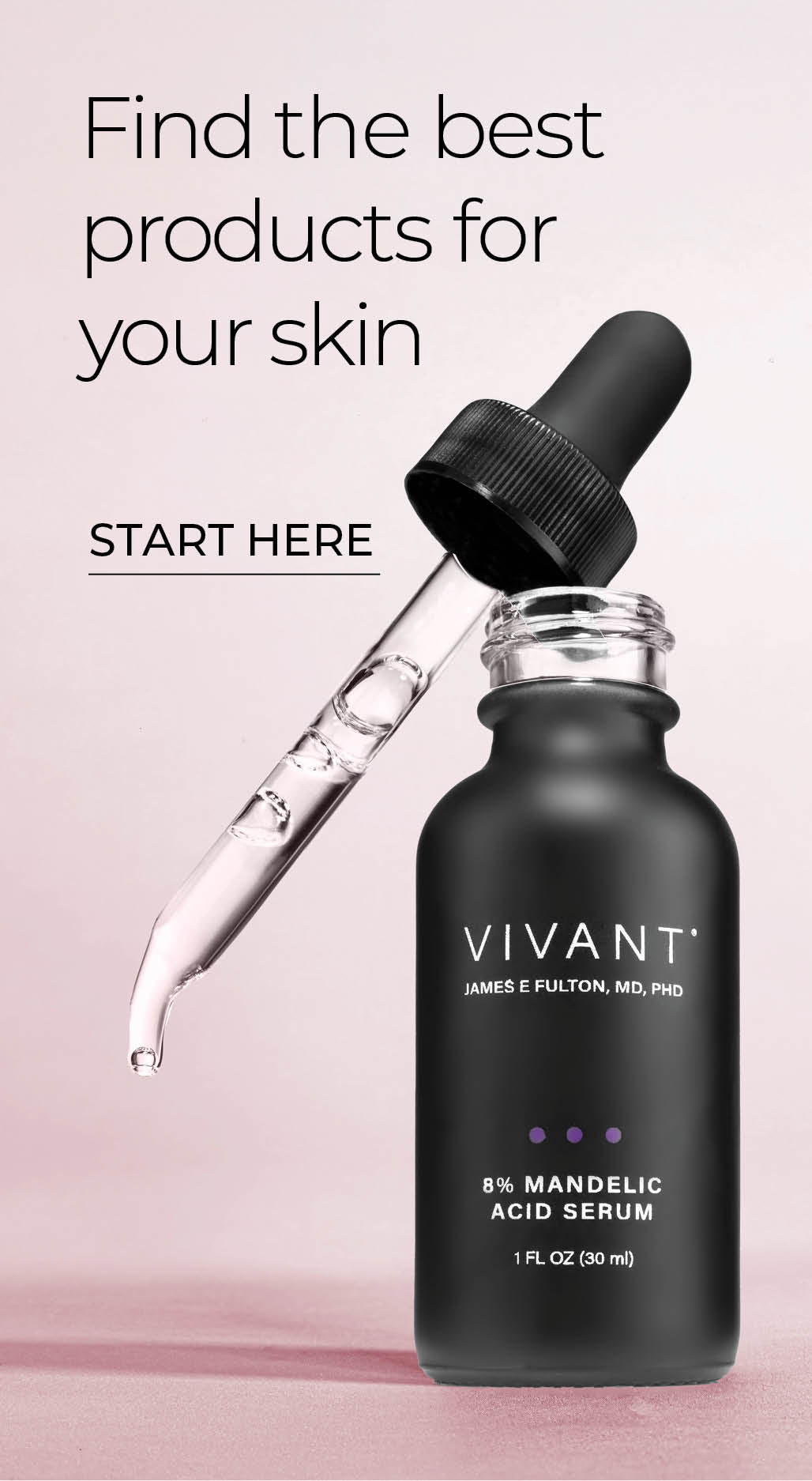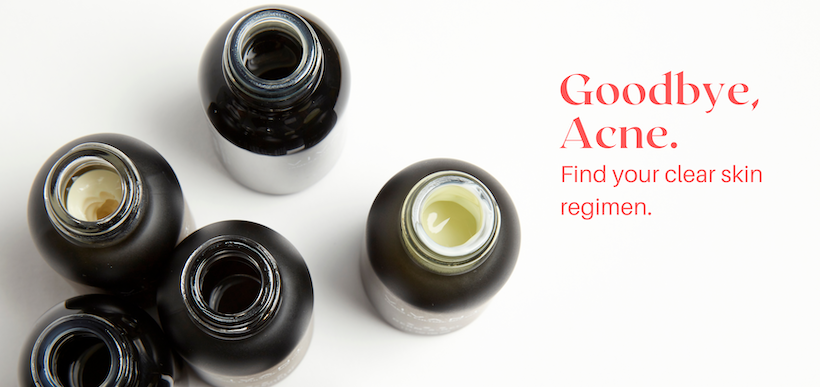Can You Boost Collagen Naturally? Here's How to Firm, Plump, and Rejuvenate Your Skin

Table of contents
You know that favorite swimsuit—the one that hugs in all the right places? After a few summers in chlorine, sun, and spa water, it stretches, fades, and loses its snap. You toss it and get a new one.
Too bad you can’t do that with your skin.
When skin starts to sag, wrinkle, and dull, there’s no replacing it—only repairing and renewing. And that starts with collagen.
1. What Is Collagen and Why Does It Matter for Skin?
Collagen is the most abundant protein in the body—second only to water. It provides structure, firmness, and elasticity to the skin. At age 20, your skin is made up of about 80% collagen. But every year after, collagen production declines by about 1%.
Sun exposure, pollution, stress, inflammation, and aging all accelerate this process. Worse yet, your body’s ability to replace lost collagen also slows. The result? Sagging skin, fine lines, dull tone, and loss of resilience.
If you're wondering how to naturally boost collagen in skin, here’s your take-no-prisoners plan.
Cut Out Excess Sugar
Does sugar damage collagen?
Yes. Sugar increases glucose levels, which bind to collagen proteins and break them down—a process called glycation. This weakens skin structure and causes sagging.
Hidden sources to watch:
Simple carbs (white rice, pasta)
Alcohol
Fruit juices and smoothies
Try this instead: Replace fruit smoothies with green veggie blends to lower sugar intake while boosting antioxidants.
2. Massage Your Face
Why facial massage helps collagen production
Facial massage stimulates circulation and oxygen flow, helping to:
Increase collagen production
Encourage cell turnover
Strengthen facial muscles
Pro tip: Use upward circular motions when applying serums or moisturizers.
3. Get Your Blood Flowing
Can exercise improve skin?
Absolutely. Moderate cardio increases blood flow and oxygen delivery to skin, boosting collagen and elastin production.
In one study: Adults over 40 who exercised twice a week had skin similar in thickness to people in their 20s.
4. Stay Hydrated
Does drinking water help collagen?
Yes. Hydration supports the skin’s natural ability to produce collagen and elastin and keeps your complexion plump and glowing.
Aim for at least 8 cups of water a day.
5. Use Antioxidants Daily
What destroys collagen?
UV rays, pollution, and smoking generate free radicals that break down collagen. Antioxidants stop this cycle.
Try: Vivant Pure C+E Serum
Combines vitamin C and E to:
Neutralize free radicals
Support collagen synthesis
Defend against UV and pollution
6. Add Vitamin A to Your Routine
Vitamin A (retinoids) helps rejuvenate aging skin by:
Increasing collagen production
Speeding up cell turnover
Reducing wrinkles
Try: Vivant Derm-A-Renew™
A vitamin A and peptide blend for visibly firmer, smoother skin.
7. Plump Skin with Peptides
What do peptides do for skin?
Peptides signal your skin to produce more collagen. They’re the building blocks of firm, resilient skin.
Try: Vivant Rejuv Rx
Oligopeptides + niacinamide + lactic acid to firm, hydrate, and reduce redness.
Final Takeaway: Can You Rebuild Collagen in Skin?
You can’t buy new skin, but you can rebuild it. By protecting and promoting collagen with smart habits and active skincare, you’ll improve firmness, smoothness, and long-term glow.
SHOP COLLAGEN-BOOSTING FAVORITES:


Comments